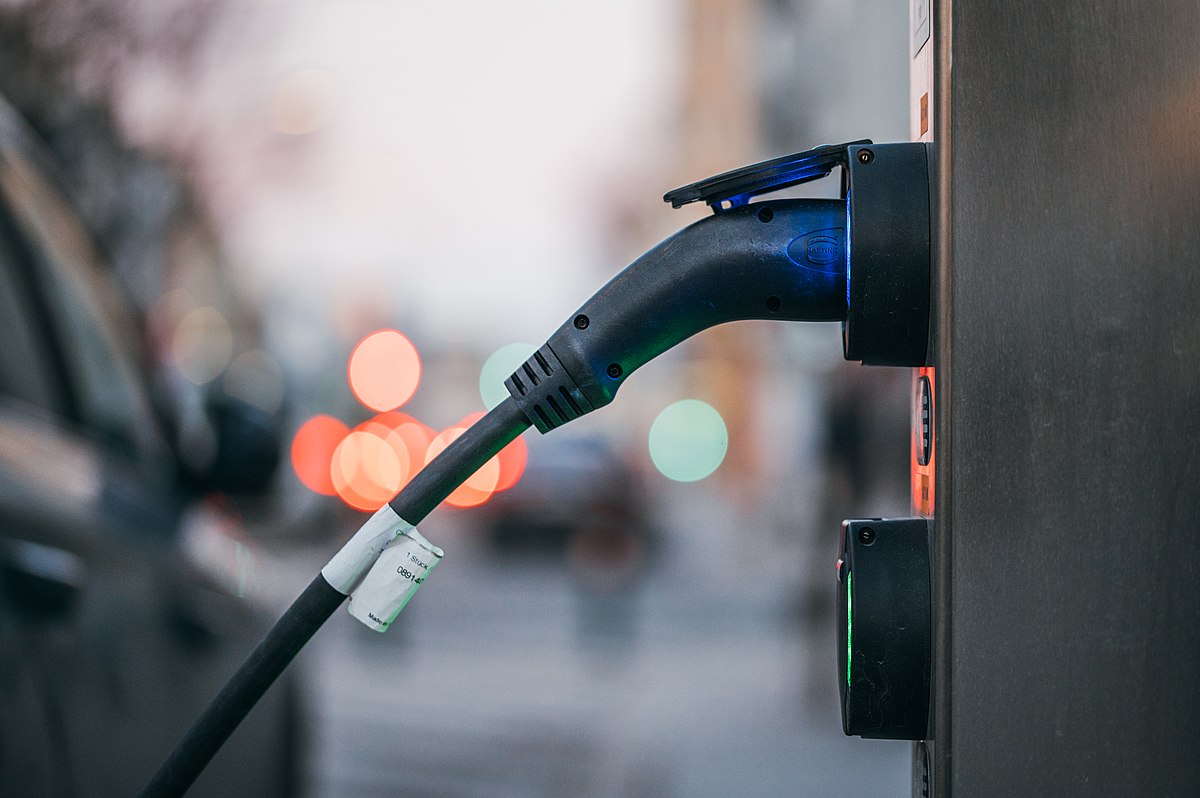
Ivan Radic, CC BY 2.0 <https://creativecommons.org/licenses/by/2.0>, via Wikimedia Commons
Last year the UK government officially confirmed that sales of new petrol and diesel vehicles are set to end by 2030 in a historic move to help Britain achieve the much-publicised net-zero emissions target.
Following the announcement, it was hoped that electric vehicle (EV) adoption in the UK would grow exponentially, but, despite some promising early indicators, recent research from AutoTrader suggests that EV adoption growth in 2021 was just 8.4%, lagging behind the annual target growth rate of 11%.
Although there are several factors behind the slower than anticipated transition towards EV vehicles, two of the most commonly cited reasons are lack of interoperability and a disjointed public charging network that has created a system whereby EV owners require multiple different apps to pay for charging.
Complicated, multiple, back-end systems typically created by charge point operators (CPOs) not only significantly impact the overall user experience but they can prove costly for EV drivers too. With multiple stakeholders, payment transactions and systems, costs can quickly spiral, and EV users are left to pick up the bill.
To further exacerbate the problem, UK drivers already have to contend with multiple apps and payment systems to pay for parking so urgent action is needed to address this frustrating, and often confusing, problem.
Although big EV players like Tesla have taken steps to simplify the charging payment process with superchargers that automatically collect funds from drivers’ accounts, to achieve a truly interoperable and streamlined user experience industry stakeholders should take inspiration from London’s famed Oyster Card and other Smart ticketing initiatives.
Smart ticketing initiatives like Oyster have proven to streamline the entire payments process by offering users the ability to top up and pay for public transport conveniently through one, singular Smart card. In the West Midlands, similar Smart Ticketing schemes such as Swift even allow users to pay for parking, as well as their public transport journeys, leading to higher levels of passenger satisfaction.
As well as the efficiency and time-saving benefits that these smart ticketing initiatives offer, as EV adoption increases greater scrutiny will no doubt be given to charging costs, and Smart ticketing schemes have been proven to help facilitate price capping and promote greater access to flexible and affordable fares, which could eventually translate to EV charging prices.
In order to further increase EV adoption, the parking industry could have a significant role to play.
Car park operators up and down the country already have existing barrier and payment infrastructure in place that would significantly reduce the necessity for multiple apps and simplify the problem of paying for charging, as well as parking separately.
One model proposed by some EV commentators is for car park operators to allow ‘free’ charging whereby EV motorists will be encouraged to park in secure locations, with charging offered for free, and the costs offset by the introduction of a slightly higher parking charge.
This move would eliminate the need for any form of EV charging payment system because the car park barrier system that motorists are familiar with, and trust, does it for them.
Proponents of this model argue this move would improve engagement with EVs, dramatically improve the customer experience, and incur additional revenue for operators.
Looking ahead towards the rest of 2022 and beyond, it’s clear that the road to faster EV adoption rates relies on a clear, efficient, and interoperable EV charging and parking payment system that is available to all. Smart ticketing schemes like Oyster have proven that consumers prefer simplified and seamless payment solutions and the good news is that the technology and infrastructure already exists, it just needs to be utilized.
*This news item is based on an article first published in Parking News, December 2021